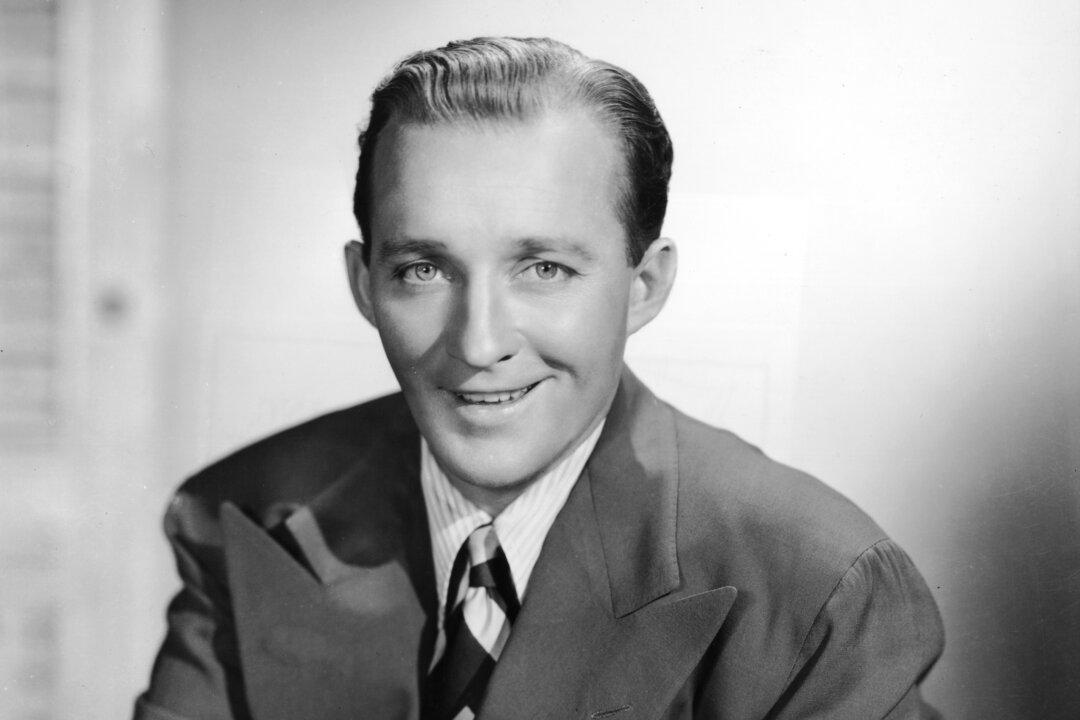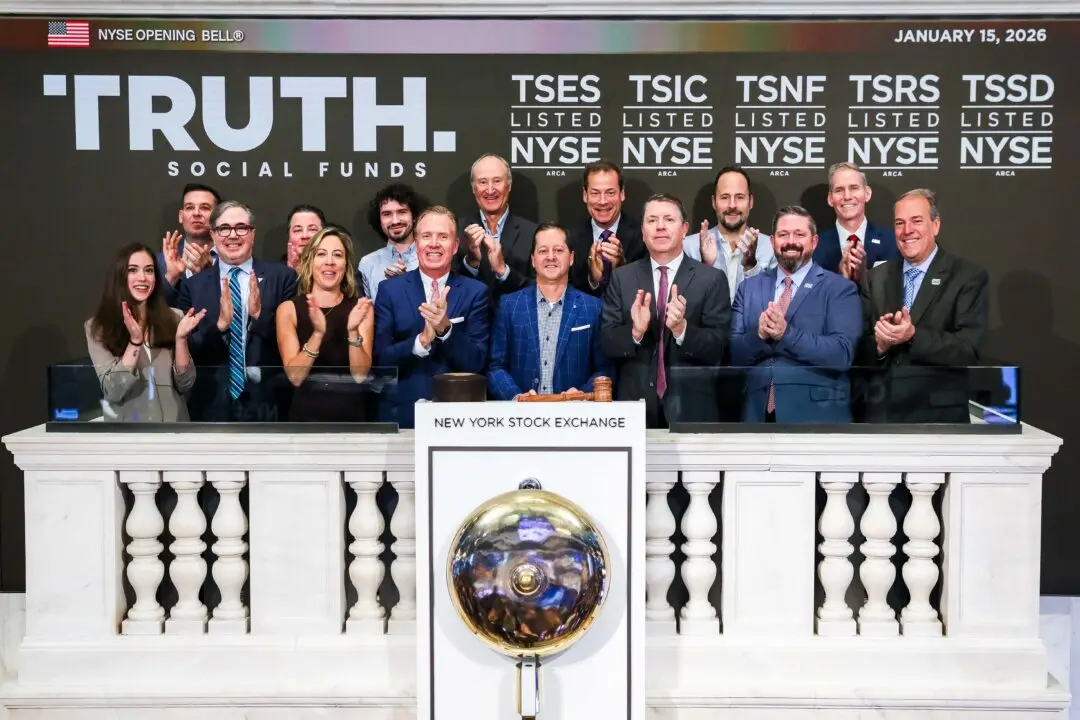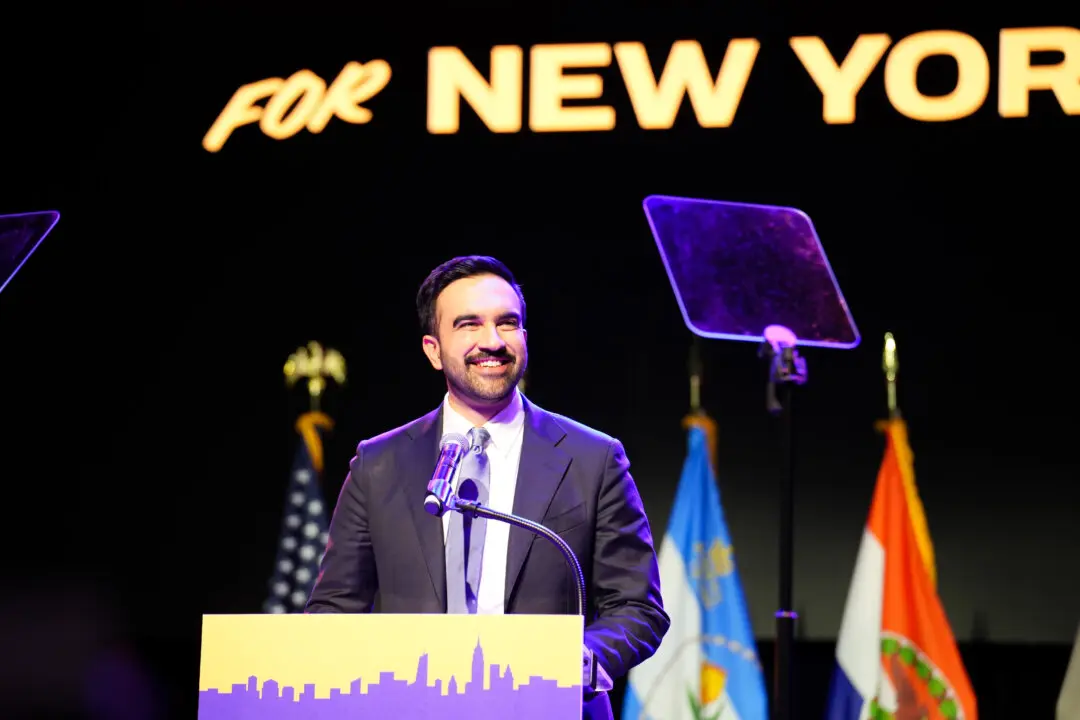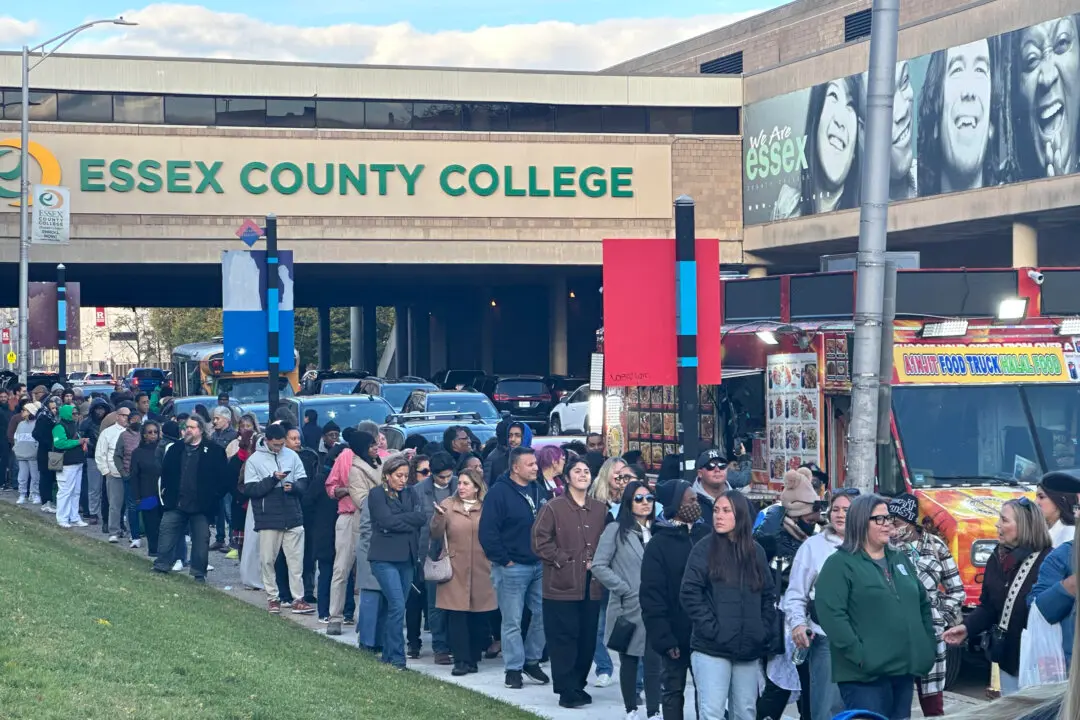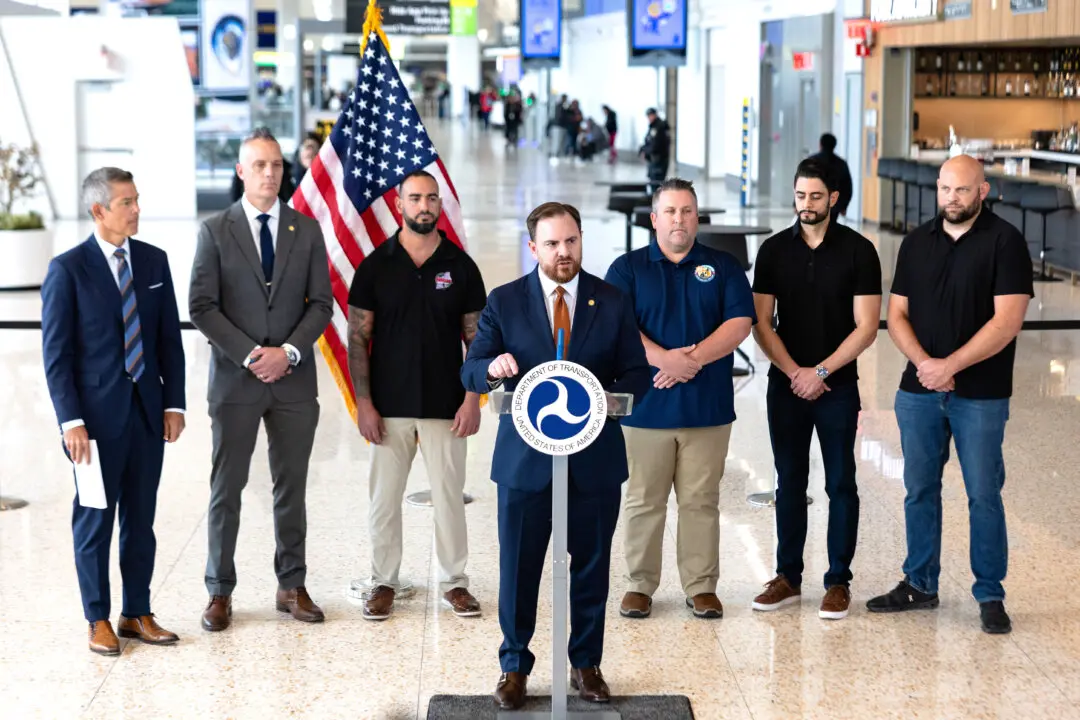Performing the hit song “White Christmas” to World War II troops stationed in France in 1944 was the late entertainer Bing Crosby’s most challenging career moment, according to his nephew.
Howard Crosby told Fox News Digital that his uncle struggled to sing the popular holiday song to U.S. and British troops before the Battle of the Bulge.
